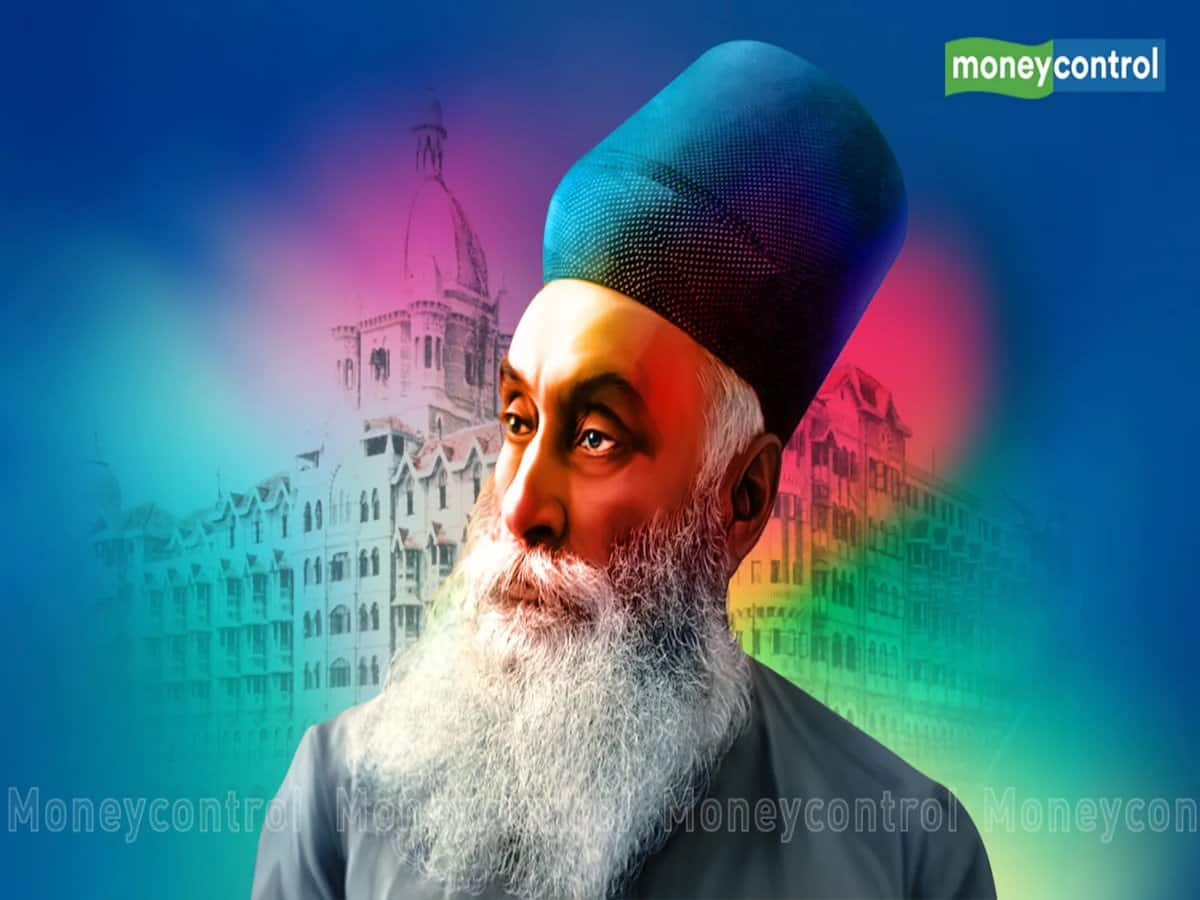Introduction
Jamshedji Nusserwanji Tata, the founder of the Tata Group, emerged as a pioneer in the Indian industrial landscape. His story is one of resilience, vision, and an unwavering commitment to serving India. Jamshedji’s entrepreneurial spirit led him to venture into various industries, but his journey was not devoid of failures. Understanding these challenges is essential to appreciating the legacy he left behind.
The Genesis of Tata Line
One of Jamshedji Tata’s ambitious initiatives was the establishment of a shipping company, aptly named Tata Line. This venture was born out of his frustration with the prevailing monopoly of British shipping companies, particularly the P&O (Peninsular and Oriental Steam Navigation Company). During the late 1800s, P&O charged exorbitant rates for freight, exploiting Indian traders while offering advantageous terms to British businesses. Jamshedji, who was at the time heavily involved in the textile industry, perceived this as a grave injustice that needed to be addressed.
Strategic Collaboration with Nippon Yusen Kaisha
To counter the British monopoly, Jamshedji ventured to Japan to forge a partnership with Nippon Yusen Kaisha (NYK), the largest shipping line in Japan. The partnership came with its own set of conditions; Jamshedji was required to undertake equal risk and manage the operations of their new venture. With determination, he secured the lease of his first ship, ‘Annie Barrow,’ for Tata Line, marking the start of his shipping enterprise.
Pricing Strategy and Initial Success
Jamshedji’s goal was clear: to provide affordable shipping services that would benefit not only his textile business but also the broader Indian textile industry. While P&O imposed a freight charge of Rs 19 per ton, Tata Line offered competitive rates at Rs 12 per ton. This pricing strategy garnered initial support from local traders and media, acknowledging Jamshedji as a hero challenging colonial exploitation.
P&O’s Response and Competitive Challenges
However, P&O swiftly retaliated upon learning about Tata Line’s competitive pricing. They reduced their own rates but imposed an ultimatum on Indian traders, requiring them to refrain from utilizing Tata Line or NYK’s ships. Furthermore, false rumors circulated, disparaging Tata Line’s capabilities. Jamshedji’s efforts to appeal to the British Indian Government regarding these unfair practices were met with indifference, highlighting the challenges faced by Indian entrepreneurs during British rule.
The Downfall of Tata Line
As P&O continued its aggressive tactics, including offering free shipping to select traders, many Mumbai cotton mills began withdrawing their contracts with Tata Line. Despite Jamshedji’s warning that their exit would lead to increased freight rates, the damage was done. By this time, Tata Line was incurring substantial losses, with expenses exceeding Rs 1 lakh and ongoing monthly deficits. After careful consideration and recognizing the operational unsustainability of Tata Line, Jamshedji made the difficult decision to close the venture.
The Lessons from Failure
This episode reflects not only the tenacity of Jamshedji Tata but also the lessons of leadership. His decision to wind down Tata Line, despite the potential harm to his reputation, underscores the importance of recognizing when to pivot or withdraw. In a time when many might view failure as a sign of weakness, Jamshedji demonstrated that true success lies in the willingness to make tough choices and learn from adversity.
Conclusion
In the year 2007, a fascinating turn of events saw the Tata Group and NYK rekindling their partnership, this time through Tata Steel and NYK Line forming a new shipping entity, Tata NYK Shipping Pte Ltd. This collaboration came full circle, showcasing the persistent vision that Jamshedji Tata infused into the Tata Group. His legacy as a trailblazer in Indian industry continues to inspire entrepreneurs and business leaders, emphasizing that challenges are merely stepping stones to greater achievements.












